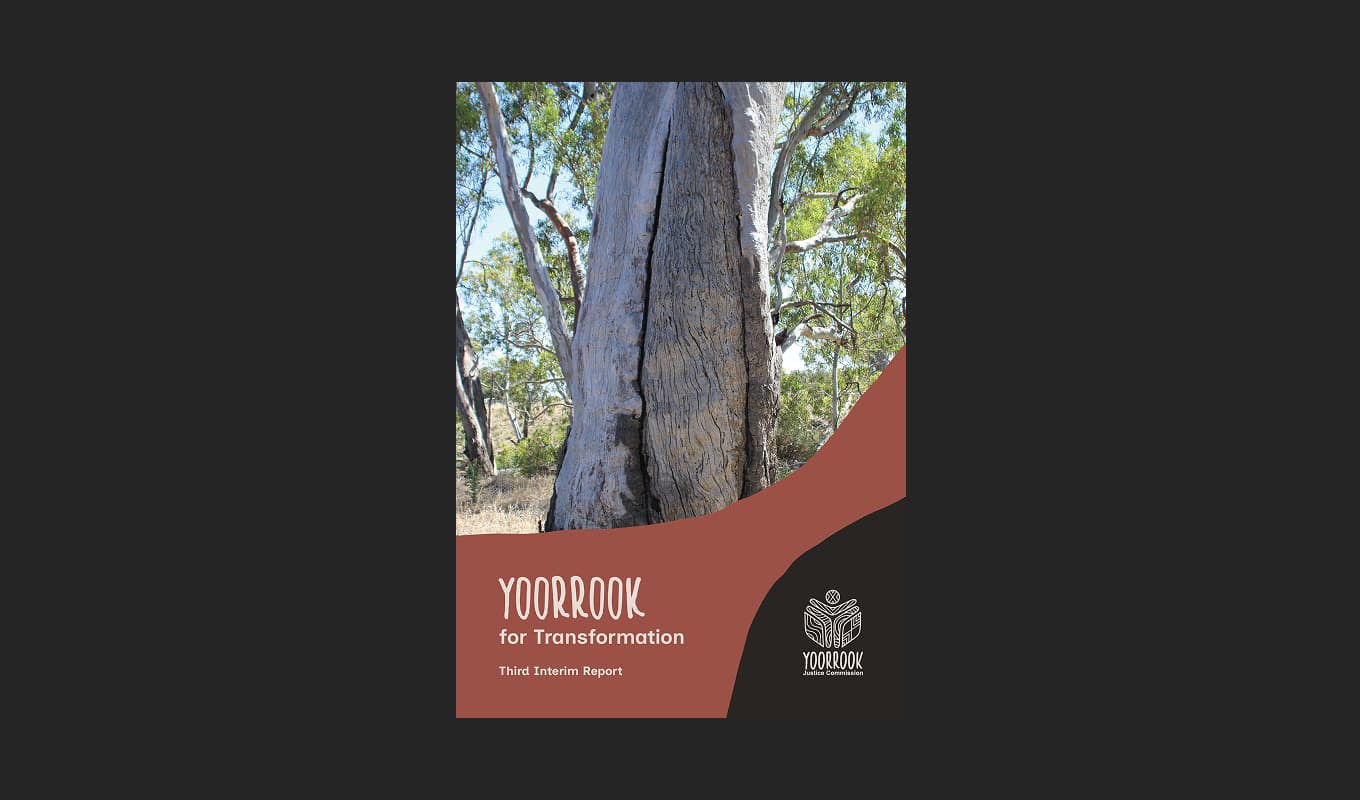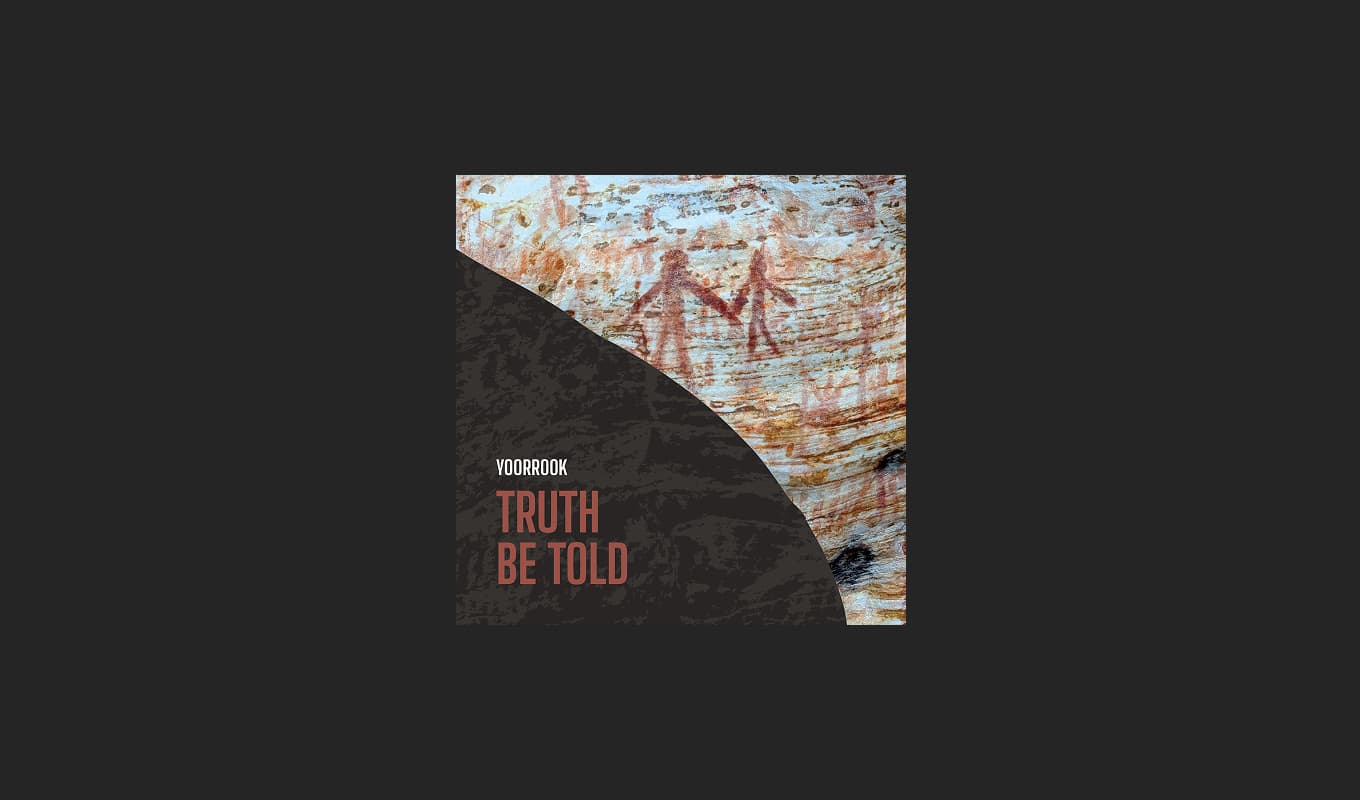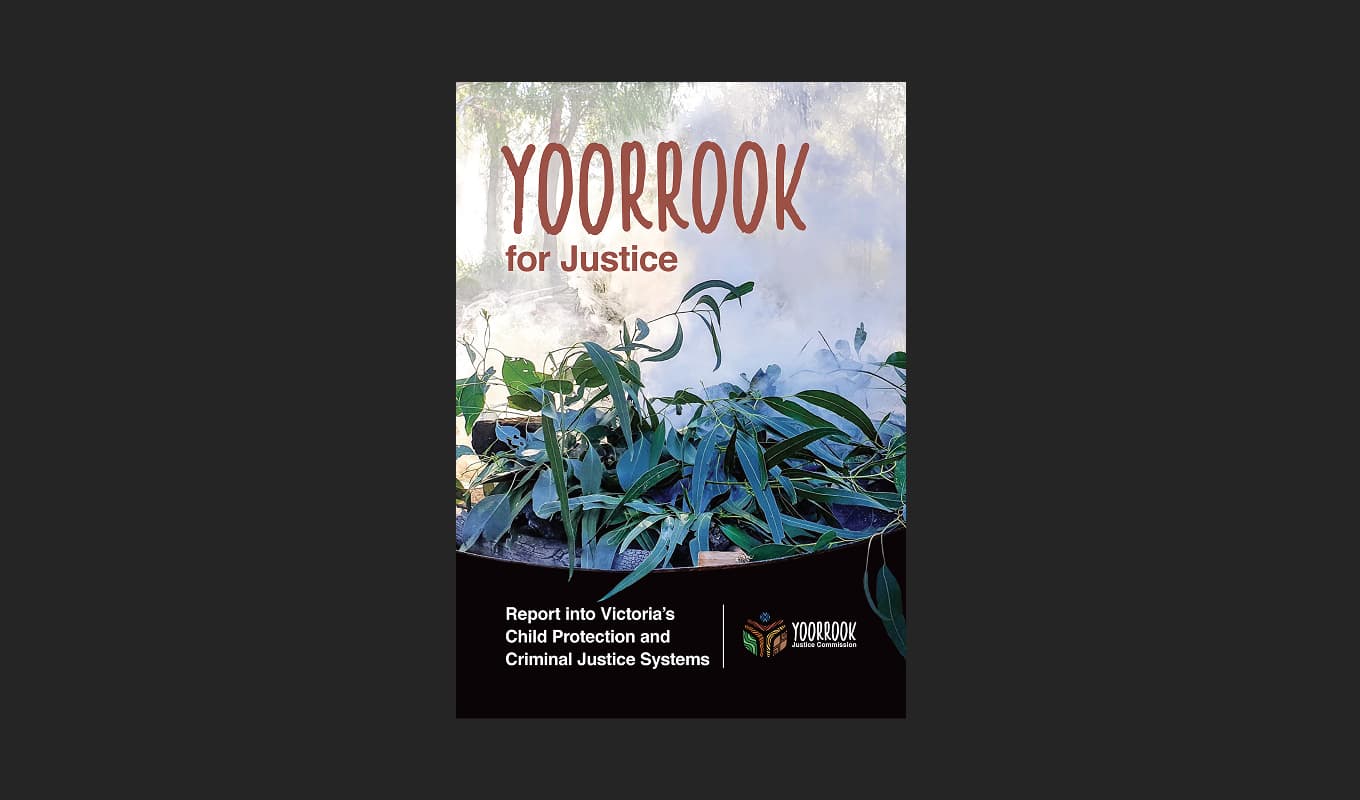Prue Gill
In this submission, Prue Gill shares how her learning about colonisation has developed through books, in particular Convincing Ground, and through professional development. She criticises her education for not covering First Nations history and advocates for including the Yoorrook Justice Commission's work in the curriculum. She suggests non-First Nations Victorians watch hearings, share their learnings, and promote the benefits of treaty.
Submission Transcription
I know a little, not enough of course, but have read Bruce Pascoe’s books, in particular Convincing Ground was excellent. As a teacher have attended professional development sessions run by indigenous leaders, I have read Langton’s book on Law, and children’s books drawing on stories of the dreaming. I listen to and admire the radio programs Speaking Out and Awaye. There is more, and I want more, for none of this is enough.
At school – almost nothing. I was at school in 50s and 60s. We were given a grandiose view of the Colony of Australia, and we were attached to our British roots. But much has changed. Recently I attended a Reconciliation Victoria forum where the (wonderful) speakers gave the impression that not much is happening in schools, but that has not been my experience. Australian Studies in the new VCE in the early 1990s had a big focus on the impact of colonisation, the methods ( Half a little Sixpence for example), the cost to indigenous culture. We used Deaths in custody and Bringing them Home reports in class. As English and literature teachers we included Indigenous voices and experiences amongst our films and texts – Oodgeroo, Berendht, Heiss, Grant, Winch, Birch, lots more. These and others (such as Archie Roach and Ruby Hunter, Richard Frankland, Marcia Langton, Thomas Mayo) were included as speakers in annual conferences. The English teachers Association ran a statewide student forum on the Wik debate which filled the Melbourne Town Hall. The literature text selection list included the essays of the anthropologist WEH Stanner. In English Teaching Journals and no doubt History Journals, teachers shared with each other their work using texts such as these I the classroom. So efforts have been made, not enough, and not enough schools and teachers take up the opportunities available to them, despite the state curriculum mandating Indigenous voices. All these initiatives have been secondary. I’m not sure what is happening in primary schools.
I would love to see the work of the Yoorrook Justice commission more widely publicised, front page news, I would like this work to become included in the school curriculum. I think the Statement From the Heart should be a text that all Australian students are familiar with. Our Art galleries, theatres, bookshops, music venues, dance performances are full of the works of first Nations Australians – but how many have access to them?
By watching the hearings, by sharing with others what they are learning themselves – with children, with grandchildren and broader family. By talking up the benefits to all of treaty.
By watching the hearings, by sharing with others what they are learning themselves – with children, with grandchildren and broader family. By talking up the benefits to all of treaty.
Truth-teller consent
Contact us about this submission
Contact us if you’d like to discuss this submission.
Similar submissions
Explore submissions from other witnesses that discuss similar topics.
Viki Sinclair (Fowler)
Viki Sinclair is a direct descendant of one of the original settlers of Gippsland, Colin McLaren. In this submission, she tells her personal story of... more
Anonymous 1481
The author has a broad understanding of colonisation’s impact on First Peoples but feels Victoria's education system was extremely limited in teaching... more
Denise Cusack Sister of Our Lady of Sion
Denise Cusack, Sister of Our Lady of Sion, found attending some of the Yoorrook Justice Commission public hearings to be a deeply moving experience,... more
Melissa Turnbull
Melissa Turnbull describes the brutal colonisation of Victoria, including undocumented massacres and displacement of First Peoples. Her education on F... more
Reports and Recommendations
Read the official reports and recommendations of the Yoorrook Justice Commission.

Yoorrook for Transformation
Third Interim Report: A five-volume comprehensive reform report presenting evidence and findings on systemic injustices, and specific recommendations for meaningful change to transform the future.

Truth Be Told
An official public record that documents First Peoples experiences since colonisation, preserves crucial testimonies for future generations and creates an enduring resource for education and understanding.

Recommendations for change
Yoorrook Justice Commission’s recommendations for truth-telling, justice, and systemic reform in Victoria.
